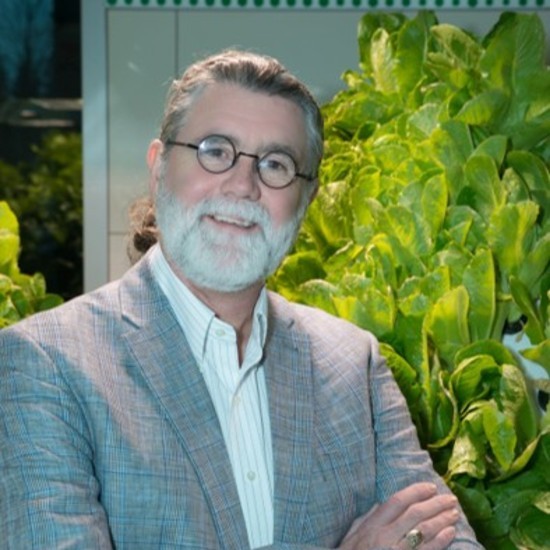5 Questions with Mark Freeman of Microsoft
1. What motivated your personal interest in sustainability and food waste reduction?
I have always had a passion about doing the right thing for the earth – and at Microsoft, we are in a unique position to be able to implement some of these dreams as well as influence others. Food waste in particular interests me because of what I learned at the most recent World Expo in Milan, which focused on how to feed the 9 billion projected population by 2050. By focusing NOW on reducing the amount of food that we waste, feeding 9 billion might be more achievable than we thought. We may have the ability to feed the planet not necessarily by focusing solely on growing or raising more food, but rather by changing current behaviors and reducing waste to feed the world.
2. Can you share a story about a food waste hero who inspired you?
I had the opportunity to meet Carlo Patrini, who started the Slow Food movement, when I was at the College of Gastronomy and Science in Bra, Italy. Although he spoke very little English, and I not much Italian, we were able to understand each other enough to know that serving good, clean and fair food and treating the earth right would garner the ability to not only feed the planet…but to do so in a responsible way.

3. What change have you made personally to be more mindful?
Personally, I have been focusing in on using durables instead of disposables. The idea of throwing something into a landfill is the worst, but I also really don’t know that throwing something into a compost or recycle bin is that much better. To me, the only way to keep from doing that is to use durable and reusable containers. At Microsoft, we are considering the same thing and using data to determine how much food to produce on any given day. By utilizing predictive analytics and massive amounts of data from our POS systems, we can now predict within a 96% accuracy rate how many people will be in our Cafes tomorrow, and a 92% accuracy rate 30-days out. Knowing this give us an advantage in the quest for zero-waste; we reduce waste by not creating it in the first place.
4. What will it take for America to make food waste a priority?
I think that constant visibility to the food waste problem and the constant support of celebrities (like Anthony Bourdain and others) will continue to drive the point home and keep it top-of-mind for Americans. I also think that if we get influential activists such as Al Gore to endorse it as part of their highly publicized platforms that would help.
5. What is one small change every person can make in their daily lives to make a big difference?
Durables - drink liquids (water, coffee, juice) out of a reusable containers. The biggest thing to remember about “throwing things away” is that there is no “away” – everything we waste has impact.





